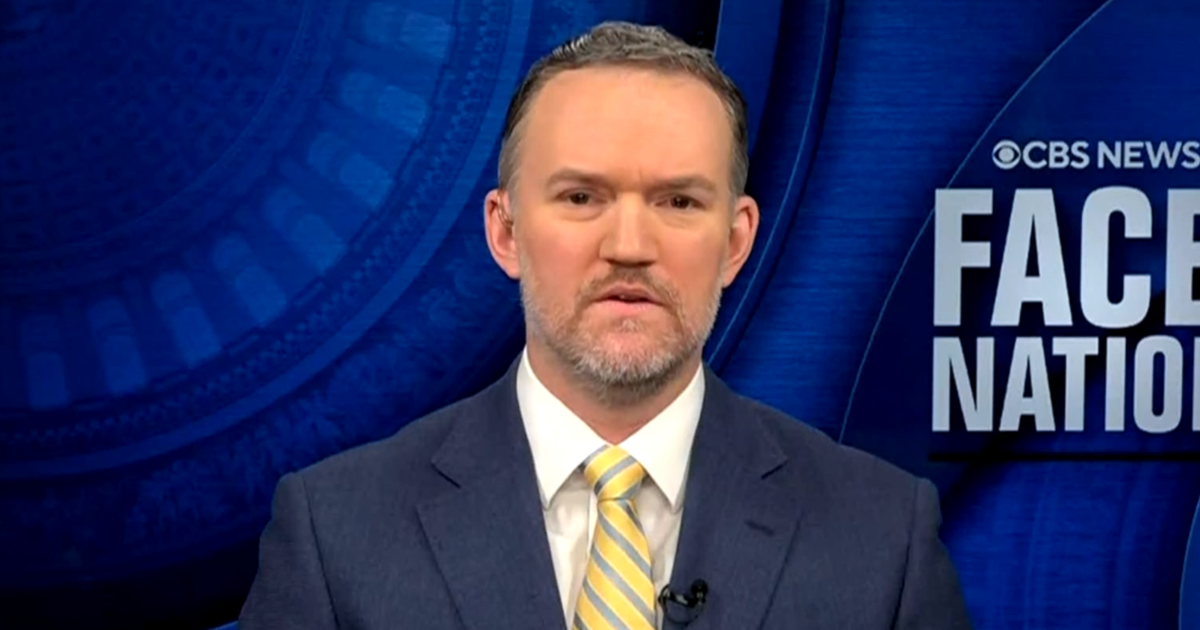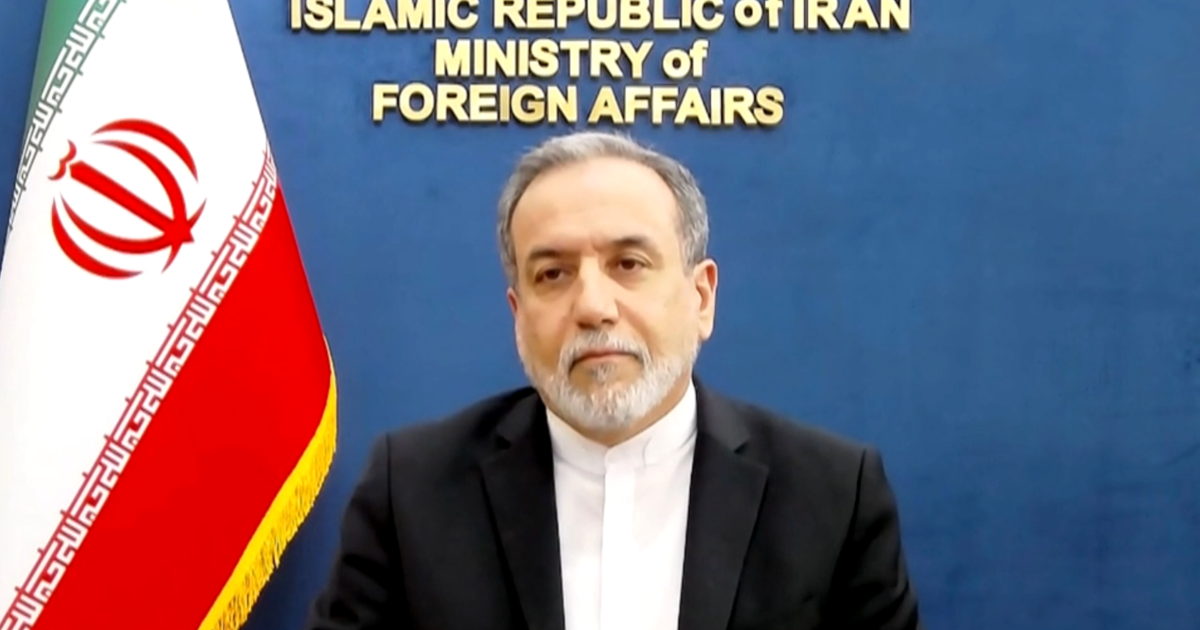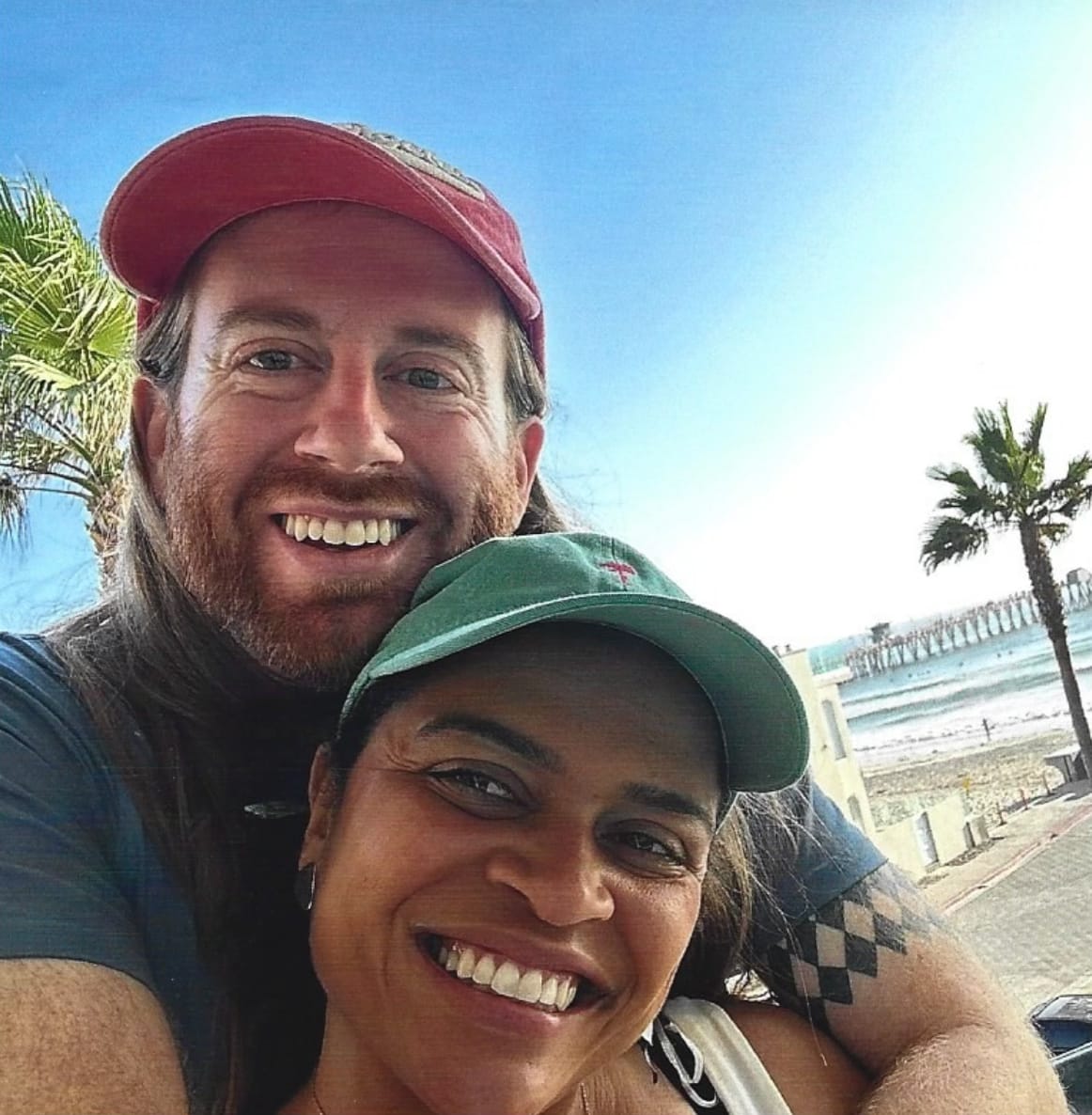Transcript: Acting USCIS Director Ken Cuccinelli on "Face the Nation," September 15, 2019
The following is a transcript of the interview with Acting U.S. Citizenship and Immigration Services (USCIS) Director Ken Cuccinelli that aired Sunday, September 15, 2019, on "Face the Nation."
MARGARET BRENNAN: We're back now with the Acting Director of U.S. Citizenship and Immigration Services or USCIS, Ken Cuccinelli. His agency is part of Homeland Security and it manages the processing of visas, asylum claims and applications for citizenship. Good morning.
U.S. CITIZENSHIP AND IMMIGRATION SERVICES ACTING DIRECTOR KEN CUCCINELLI: Good to be with you, Margaret.
MARGARET BRENNAN: You- you were obviously directly impacted at your agency by the Supreme Court decision--
CUCCINELLI: Absolutely.
MARGARET BRENNAN: --to up- uphold the ability to enforce these new restrictions on being able to claim asylum. What is the practical impact on the ground and when will it be felt?
CUCCINELLI: So, it's already being felt. It isn't- it wasn't from zero to 100 as soon as the Supreme Court ruled. We didn't know their timing. But I can tell you that I spoke with Mark Morgan and Matt Albence, the head of the other two immigration agencies, on Friday and we will be working closely with the Department of Justice where the immigration judges sit. And we're ramping this up as quickly as we can logistically. We'll- we'll do it in the places where we have the logistics in place fastest first and then move it all the way across the border. But this will be measured in days not weeks.
MARGARET BRENNAN: So, to explain it, this restricts the ability of people to claim asylum if they haven't first tried to claim asylum and been denied in a country they were--
CUCCINELLI: They passed through. That's right.
MARGARET BRENNAN: --en route to the United States. But claiming asylum is a legal channel of asylum. So, of- of trying to immigrate. So, if you're cutting off that legal channel, aren't you just going to push people towards illegal immigration?
CUCCINELLI: Well, most of the people coming in that are claiming asylum on the southern border are coming in illegally already.
MARGARET BRENNAN: But if they're crossing illegally, but still declaring asylum, they're going through the legal channel if they're declaring themselves to a border patrol officer?
CUCCINELLI: Right. And so we have different rules in different places. I don't think a lot of people realize this, but the northern border we have an agreement with Canada where you can claim asylum in either Canada or the United States, but not both under any circumstances, It's actually a more restrictive arrangement than we have now on the southern border. So, the- the circumstances that we face on our southern border are still crisis circumstances. And we have a 335 thousand asylum case backlog, which I take very seriously, and it has creeped up while I've been here despite us throwing more and more resources at trying to drive it down. There are legitimate asylum claims in there. Some of them have been waiting over two years and we take very seriously the need to get to those people. Unfortunately, this system is clogged up with a lot of fraudulent claims.
MARGARET BRENNAN: But, as you just said sometimes there are very legitimate claims of asylum--
CUCCINELLI: Oh, yes, absolutely.
MARGARET BRENNAN: --fear for your life. And that is where the controversy is, not just around the legality, but the morality of it. I mean, Ronald Reagan talked about this country as a 'shining city on the hill' and you were building a big moat around it.
CUCCINELLI: Well, that's not how we view it, obviously. But I mean we- at the same time, my agency is, you know, creating more citizens than you've seen in years. We have- we have a five year high last year and we'll break that again this year. So--
MARGARET BRENNAN: But this is tens of thousands--
CUCCINELLI: Yes. But you just described--
MARGARET BRENNAN: --of people who will not be able to claim asylum.
CUCCINELLI: Okay, but you just described us as trying to build a moat around it, and I'm pointing out that in the legal process we're moving along at a good clip. We have a crisis at the southern border, and this is just one of the many responses we've had. The president has been very clear about the need to be aggressive on the border, and that's exactly what we're doing.
MARGARET BRENNAN: So, are you essentially arguing that this is going to be a deterrent, where people just won't even try to come--
CUCCINELLI: There will- there will be--
MARGARET BRENNAN: --because asylum claim- claiming asylum is a legal--
CUCCINELLI: Yes. Margaret, I understand--
MARGARET BRENNAN: --means of immigration.
CUCCINELLI: --and your point is an excellent one. It will be a deterrent for some people, particularly those who were going to be coming and claiming what are clearly false asylum claims. People- and remember asylum is about safety. We do want people--
MARGARET BRENNAN: Alright.
CUCCINELLI: --to be safe. And the reality is America's the most generous country in the world on this front. But we have to deal with the crisis we're facing down there. This will be a deterrent to some coming who are making particularly false claims.
MARGARET BRENNAN: Very quickly on that note. The Bahamas was just slammed with a horrific hurricane--
CUCCINELLI: Dorian, yes.
MARGARET BRENNAN: Why change it and make it harder for people to flee to this country, this past Monday, by now requiring visas? Just a lot of good reasons people wouldn't have their paperwork.
CUCCINELLI: Well CBP has actually extended itself out into the Bahamas which they- I don't ever remember them doing before. We're actually making this a lot more accommodationist. So realize that the northern two islands were hit. Grand Bahama has electricity and the basics back. The Bahamas is a perfectly legitimate country capable of taking care of their own. We rushed resources in, whether it was from USCID or the Coast Guard who were downright heroic in there and Border Patrol assets were moved in there as well to make hundreds of saves.
MARGARET BRENNAN: I'm- I'm- I'm appreciate everything you're saying. I'm running out of time, I'm being told, so I got to leave it--
CUCCINELLI: Understand.
MARGARET BRENNAN: --there, unfortunately. We're going to be right back.



